You may be brand new to firearms and shooting. Or, you could be a grizzled old veteran shooter like me. In any case, basic firearm safety must always be first and foremost on your mind. I offer the following basic firearm safety tips based on decades of shooting experience and having been a State of California Department of Fish and Game Hunter Safety Instructor.
Responsibility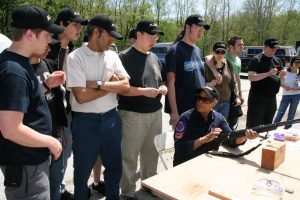
Owning and operating a firearm is an awesome responsibility. That’s because you hold in your hands the power to take a life. So you must never forget basic firearm safety.
Handling
- Watch that muzzle. Whenever a gun is in your hands, be 100% aware of where it is pointed.
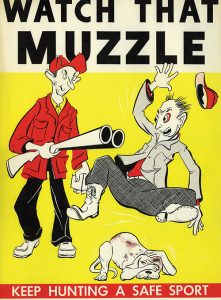 The muzzle must point in a direction that will cause no damage should the firearm accidentally discharge. Never point a gun at anything that you are not prepared to shoot/destroy/kill.
The muzzle must point in a direction that will cause no damage should the firearm accidentally discharge. Never point a gun at anything that you are not prepared to shoot/destroy/kill. - Keep you finger off the trigger. The only time your finger is near the trigger is just before you fire.
- Every firearm is loaded. No matter how certain you are that a gun is empty, you must always treat it as though it is loaded. Tragically, many people have been accidentally killed by “empty” guns.
- Never trust a safety. Always keep your safety “on” until just before you fire. A safety is a mechanical device that can fail with disastrous consequences.
- Keep all firearms unloaded until ready for use.
- Keep firearms and ammunition locked and inaccessible to children when not in use.
Shooting
- Always be sure of your target, and what is behind it. Know exactly what you are trying to hit. Also, make sure the area behind your target is safe in case you miss.
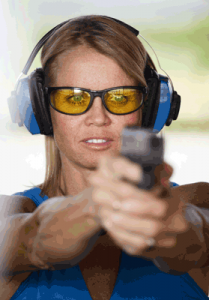
- Think before you shoot. Never shoot toward people, houses, cars, livestock, etc.
- Know your gun. Before you shoot, be certain to familiarize yourself with its safe operation.
- Wear ear and eye protection.
- Never fire a gun if there is any blockage in the barrel.
- Never fire a gun with its muzzle submerged in water.
- Always use only the correct ammunition for which your firearm is designed.
Etiquette
- When handing a firearm to another person, first unload it and open the action. Then hand it over with the muzzle pointed in a safe direction
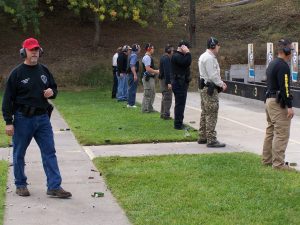
- When shooting at a range, always follow the instructions of the Range Master (aka Safety Officer). Never handle your firearm when anyone is downrange.
- There is no place for horseplay around firearms. never point a gun at a person “in fun”.
Other
- Keep your gun cleaned and oiled. Clean your gun after use. When cleaning your gun, be absolutely positive that it is empty and keep the action open. Never allow live ammunition to be in the area where you are cleaning your firearm. Check all parts for wear and tear and keep the gun in proper working order.
- Gunpowder does not mix well with alcohol or drugs.
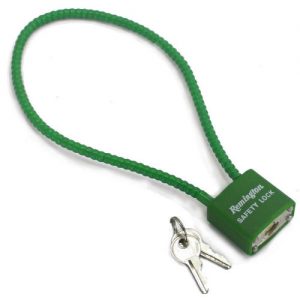
- If a firearm has been in prolonged storage, clean it and check it for safe operation before you fire it.
- When crossing obstacles in the field (fences, streams, etc.) always unload your firearm first.
- Check your local laws about transporting a firearm. Make sure it is unloaded.
- One third of American households have a firearm. Consider using a gun lock on yours; especially if there are children at home.
